What to expect on your first round of IVF
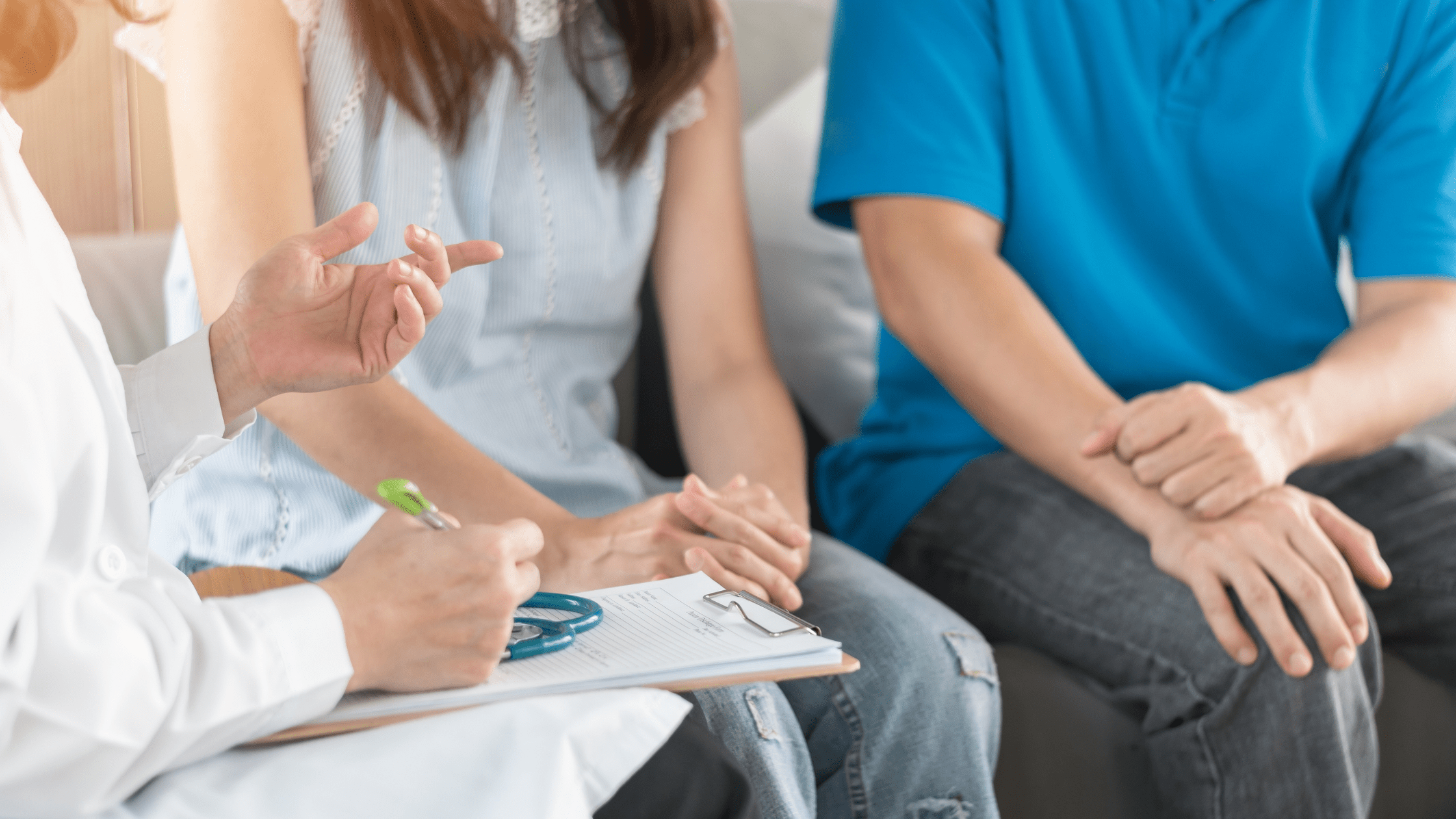
Join us to continue reading
This content is for members only, to read the full article log in to your account.
If you don’t have a membership yet, visit our Join us page.
Would you like your employer to pay for this?
For an obligation free chat to discuss how employer membership to The IFVN would work for your business, please contact us using this enquiry form.
Further reading
-
IVF Ask The Expert: Navigating IVF – Do’s and Don’ts
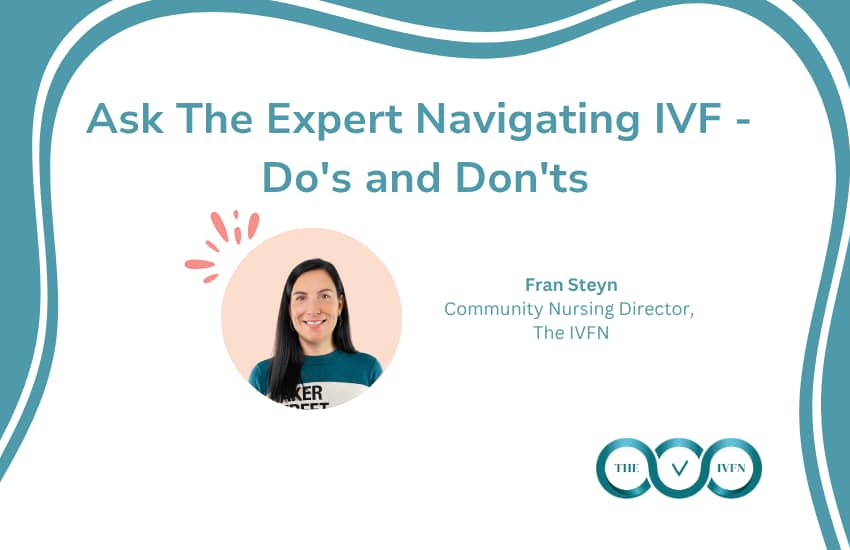
-
Female Reproductive immunology – the role of the immune system in fertility treatment
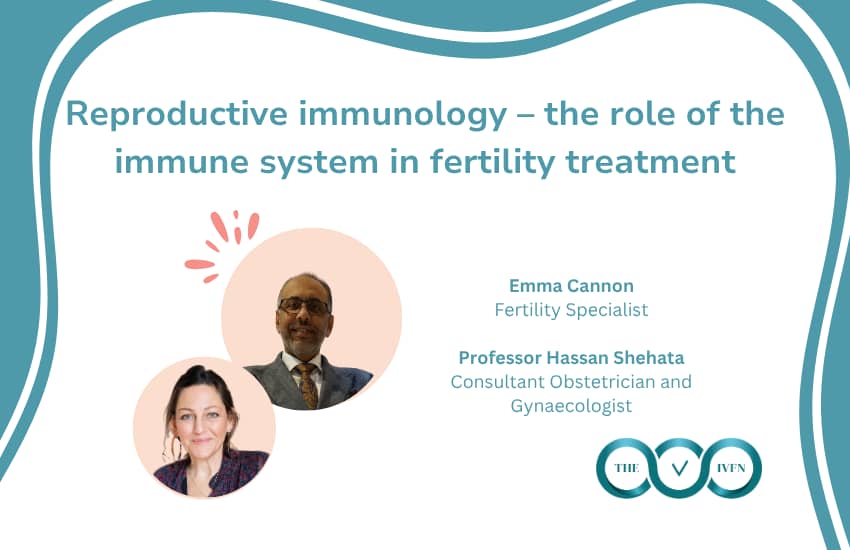
-
IVF IVF myth-buster
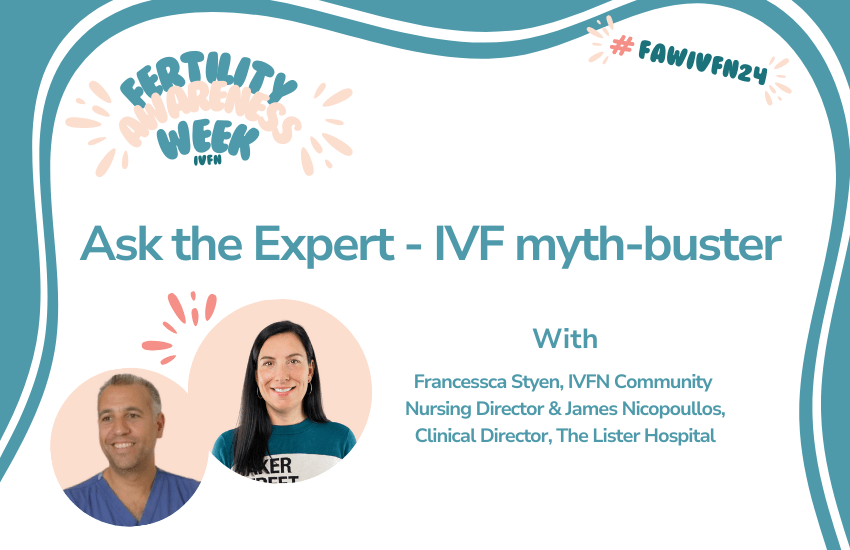
-
10 Things to Consider Before IVF Treatment

-
IVF NHS Waiting List: What to Expect and How to Navigate the Process
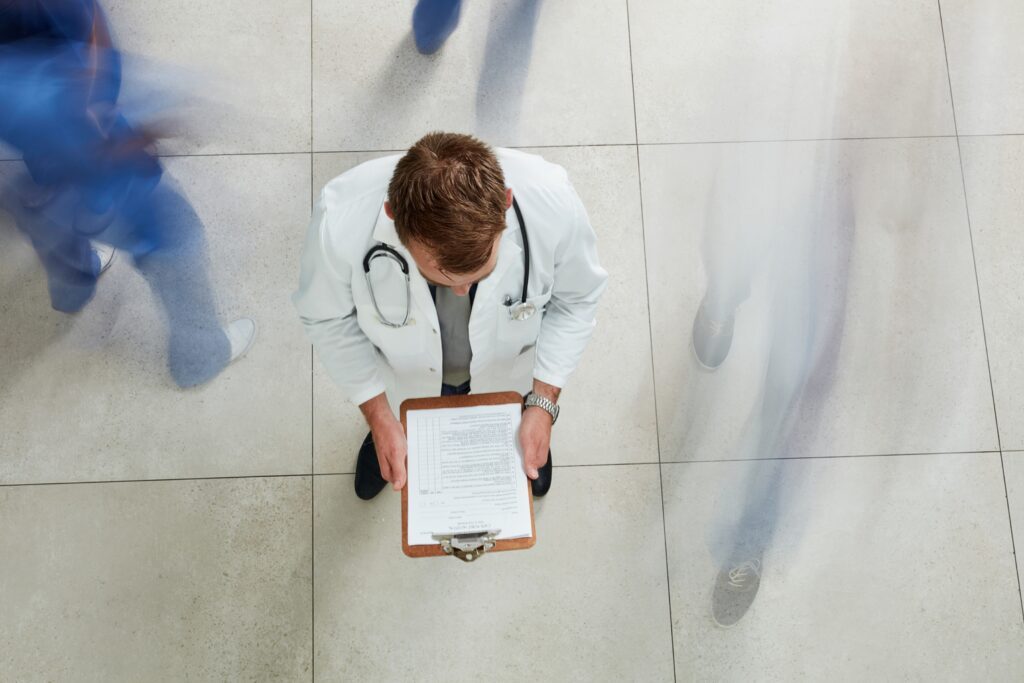
-
The Age Limit for IVF: Understanding Fertility Treatment Options in the UK

-
IVF Timeline: Understanding the IVF Process, a step-by-step guide on what to expect and when






